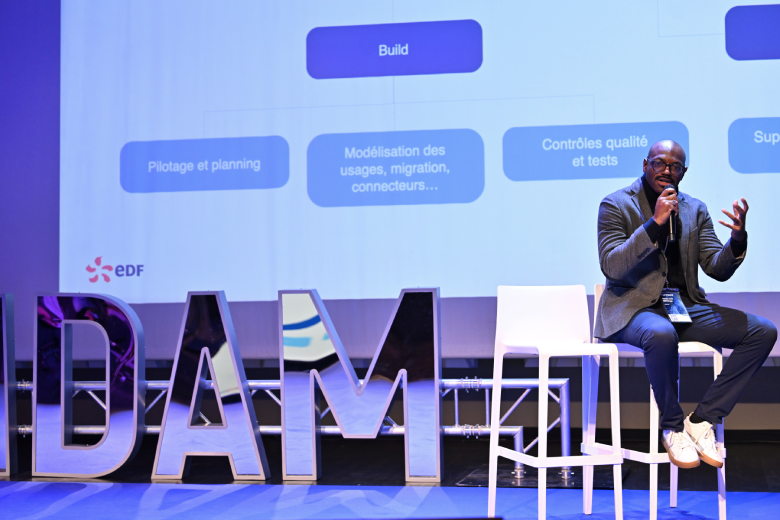
Since its inception, Keepeek - the French leader in Digital Asset Management - has always been committed to employing teams based in France. However, many software companies have turned to offshore outsourcing, so why adopt this strategy?
Thomas Larzillière, Keepeek's Managing Director since its creation in 2008, explains the reasons for this choice.
Keepeek was born in Paris, but soon faced a real recruitment problem for its technical staff. Parisian salaries and the cost of office space were hardly compatible with the financial means of a young company. So we looked at a number of options, including offshore. In the end, we seized the opportunity to launch the Rennes agency as a base for our technical management. It was not only an economic choice, but also a strategic one in terms of recruitment, taking advantage of a region rich in engineering schools. We have never regretted this choice, and Rennes is now Keepeek's largest branch.
Naturally, we studied the various options we could activate to accelerate our development. The economic equation offered by offshore is attractive, and enables us to mobilize resources that are difficult to find in France. In terms of organization, we looked at how our agile development methods could facilitate (or not) the integration of remote teams.
In the end, we decided not to activate this possibility and to concentrate our forces on local teams. The question of competitiveness is then addressed by improving our internal processes.
Our strategy is to seek optimization in our processes so that our teams don't waste their time. This is the Lean approach we embarked on in 2018. It makes it possible to save time as we go along on our repetitive tasks and get our engineers to develop their culture of continuous improvement. This hunt for waste is gradually becoming a corporate culture.
Keepeek has been using agile methods (Scrum, Kanban, Lean) for over ten years. Communication is at the heart of these methods. Visual management, morning standups and sprint scrimmages are all rituals that help to streamline exchanges. Regular physical proximity removes many of the difficulties that distance tends to entrench. We make it easy for our teams to work from home, but we insist on regular physical meetings with our staff.
We build long-term relationships with our customers, and it's vital to retain technical and functional memory within our teams. We have, for example, a customer who, in 6 years, has renewed his in-house team 8 times. For our part, project managers and developers are always the same, to ensure the continuity and sustainability of DAM projects. We believe that this loyalty is linked to local management, group cohesion and a naturally developedteam spirit.
In our view, such cohesion is unthinkable in an offshore context.
We work with major CAC 40 companies. The projects we undertake and the data we handle are often of a confidential nature. We regularly sensitize our teams to these issues. It's much more reassuring to know our staff well, and to work with them to implement good security practices.
We don't particularly wave a French (or Breton) flag, but we do claim a certain pride in creating jobs on French soil. We also want to be consistent and honest with our institutions. We have benefited from the JEI and CII statuses. BPI France is also our financing partner. The city of Rennes has also helped us. In return, we feel it's vital that this funding feeds our local ecosystem.

EDF presents the redesign of its Media Center and explains how Keepeek helps it to better centralize, organize, and share its brand content. An approach focused on usage to improve media management and collaboration on a large scale.


The collaboration between Keepeek and Club Med has enabled the centralization of visual content management, thereby improving team efficiency, brand consistency, and global compliance. This model has become a strategic asset for the company.
